Part 2: HANAH Hero Mark Abma's relentless pursuit of Mastery in the mountains
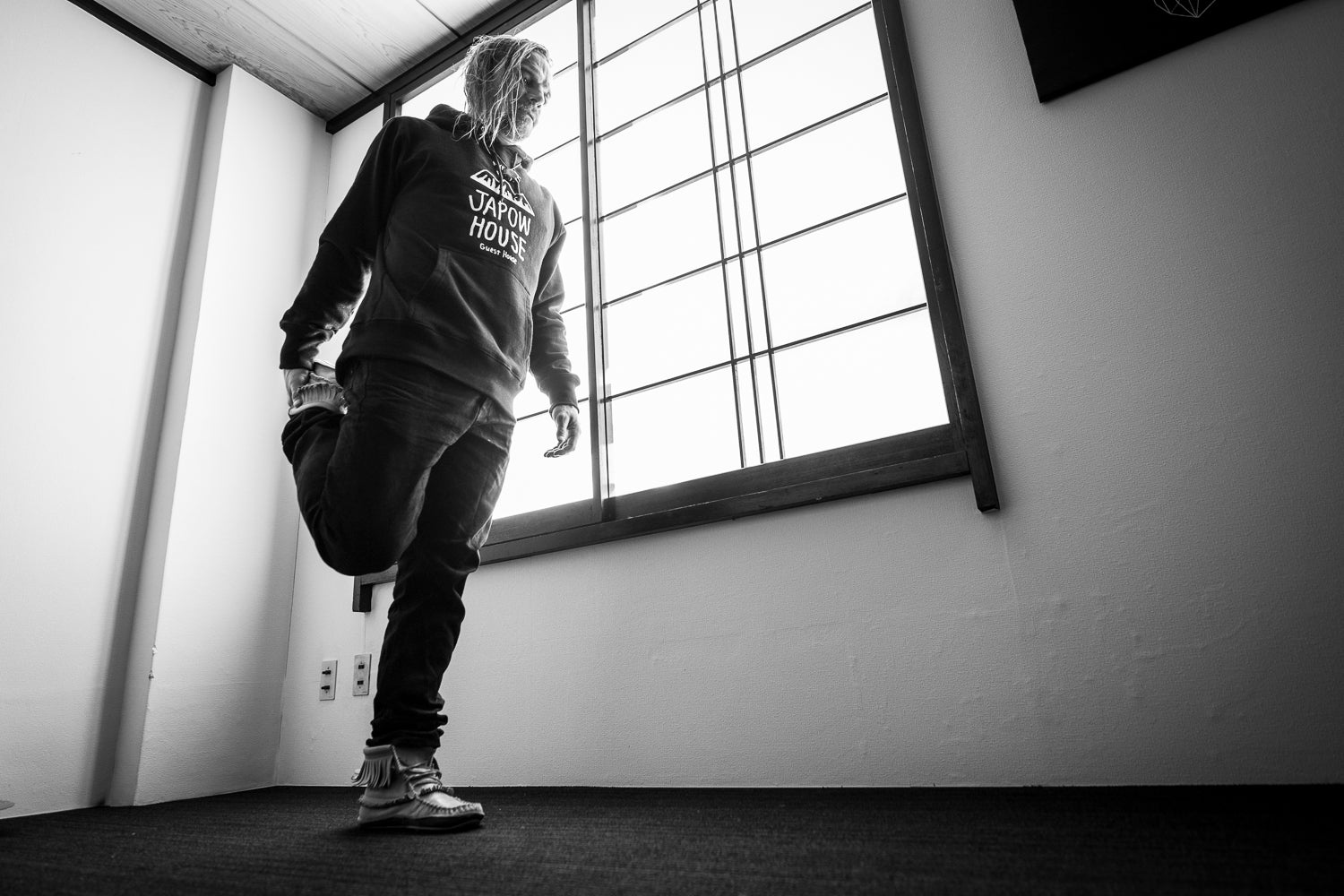
Daily practices and guiding lights with Abma
In the earlier installment of this two-part post, we sat down with Canadian freeskier Mark Abma to get his take on what mastery means to him, how he utilizes HANAH ONE and HANAH Ashwagandha+ to overcome adrenal fatigue, and the rewards of spending time on restoration projects. Continuing the conversation, we asked Mark to share some of his restorative daily practices, using breath work to steady himself before plunging headlong into a massive mountainside line, and the principle that guides everything he does.

How do you block out distraction?
There are distractions right and left. Staying centered and focused is a big challenge, because I want to maintain integrity with what I should be doing in my life. Meditation is an opportunity to clear my mind. The goal is to rid my brain of distraction so my true self can start speaking again and guiding me. How many times do we go to Google to figure something out? It can be handy, but we forget that every one of us has this deep intelligence inside. I need to be better at listening to that. Today, our minds are racing all the time, which makes creating time to be still is so important. The beauty of meditation is that you can do it anywhere – it’s readily accessible wherever you go and even if you only have a few minutes to spare, it can have a powerful effect.
Who’s someone that has had a significant impact on your life and career?
There have been a lot of people, but I’d have to single out JP Auclair [in her Mastery interview, Mark’s collaborator Michelle Parker also named JP as a mentor]. I lived with him for a while as I was coming up as a professional skier. He left a big imprint on my life through his humility. He was arguably the best skier in the world, but he’d never tell anyone that. JP spent a lot of time in Africa building orphanages and was always trying to make people’s lives better. I carry his lessons with me still.
What’s a daily ritual that you don’t like to miss?
Now I’m back home, I have access to my cold pool again. The water comes from a creek that’s fed by a glacier, so the water is really pure. When I crawl out of bed in the morning, I go straight to sit in it. Right now I’m at two minutes, but would like to work up to five. It’s an extreme meditation situation in which my body fights back, but I’ve learned to breathe through that and appreciate the cold sensation. Sometimes I imagine a warm bubble around me. I like the tingle I feel through my whole body afterwards and feel like it puts me into overdrive because of all the blood and nutrients it gets pumping. It also helps flush out all the lactic acid that builds up when I ski and bike. It’s also good training for my brain because I have to commit and not find excuses to do something else instead. The cold helps me heal faster and get mentally ready for the day ahead. I go hard and then I try to rest hard.
After the cold plunge, I do 15 minutes of meditation to calm my mind. Then I go straight to my yoga mat to get my body moving. I’ve been doing yoga for many years and it’s an essential part of my practice for achieving balance. Otherwise I’d get injured a lot from being too tight. After I’m done with the yoga, I do some pushups on an exercise ball, and pull-ups on a bar. Then I go make my morning drink.
What kind of people do you try to surround yourself with?
I could do a lot of these things on my own, but it wouldn’t be nearly as much fun. One of the reasons we’re on this planet is to share our experiences with others. I love being with people who appreciate their surroundings. I did two of my recent trips with these three other skiers. They’re all under the age of 24, and I’m 39. I learned so much being around these young bucks. We can discover a lot when we spend time with other people of different ages and from other backgrounds. We shared the stoke and walked away having had a great experience.
You mentioned breathing to deal with extreme cold. When else does breath control help you?
I did a course with Wim Hof’s brother a few years ago and want to get deeper into the breathing side. When I’m at the top of a big line I can start to get a little stressed out, so I’ll take six deep breaths. It lowers my blood pressure and calms my mind. In daily life I do the same thing. When I’m meditating, I only breathe in and out through my nose, with a five second inhale and exhale. During yoga, I breathe in through my nose and out through my mouth. Then when I’m out doing cross-country biking, I focus on my breath, particularly when I’m going up big hills. The power of breath is really under-utilized. So many people go through life breathing unconsciously, but it can provide so much feeling, awareness, and strength. Whether you’re trying to achieve a different spiritual, mental, or physical state, breathing consciously can help.
What is your guiding principle?
Love. Our heart has an incredible amount of receptors – almost as many as the brain. It’s amazingly intelligent. I respect the brain’s powers of logic, but I’m a passion-oriented person and that comes from my heart. Our emotions can be healing if we’ll let them, and we need more of that in this world right now.
How do you make space for your priorities?
I need to make lists for myself. There’s always a lot going on, so creating a schedule is a big thing. It comes down to figuring out what my survival needs are to keep food on my plate and a roof over my head. Then from there, what do I need to work on to preserve my passions? Maintaining my health is always a top priority, so I have to devote time to workouts, meditation, and yoga. I’ve been a pro skier for 20 years and want to keep going as long as I can. Staying limber and strong is a big part of that. There’s no single secret. I try to combine the whole package – eating and drinking well, exercising, sleeping, meditating. All these things feed into one another.
During ski season, I dive 100 percent into that. Now that it’s wrapping up, I’m shifting focus to my retail development company. I try to juggle my friends, family, and future with my own needs. Scheduling is the only way I get it all done.
When I get overwhelmed, I start missing things and the house gets cluttered. I’ve had to create some organization to keep my priorities clear. One year I tried to finish my chicken coop, sauna, and cold plunge all at once and it was just too much, so I became distracted and didn’t do anything well. I’m trying to reel that tendency in, and am working with a personal development coach to create more structure in my life. Sometimes it’s good to have an outsider come in and give a fresh perspective.
How would you define a life well-lived?
One of the most important things is trying to find your true calling. It’s hard to do that these days because there’s so much pressure on people to succeed. They think they have to go to school and study this so they can get that job, but then come out with all this debt and have no clue what they’re truly meant for. I think you should do something you’re passionate about because it will make you happy. And do it with a lot of love. That can create a ripple effect that will spread outwards. We all have a unique gift that we should share with others. Society defines success by monetary measures, so we’re all chasing another dollar. But after you have enough to live comfortably, more money won’t make you any more content. We need to find other ways to live fulfilling lives.


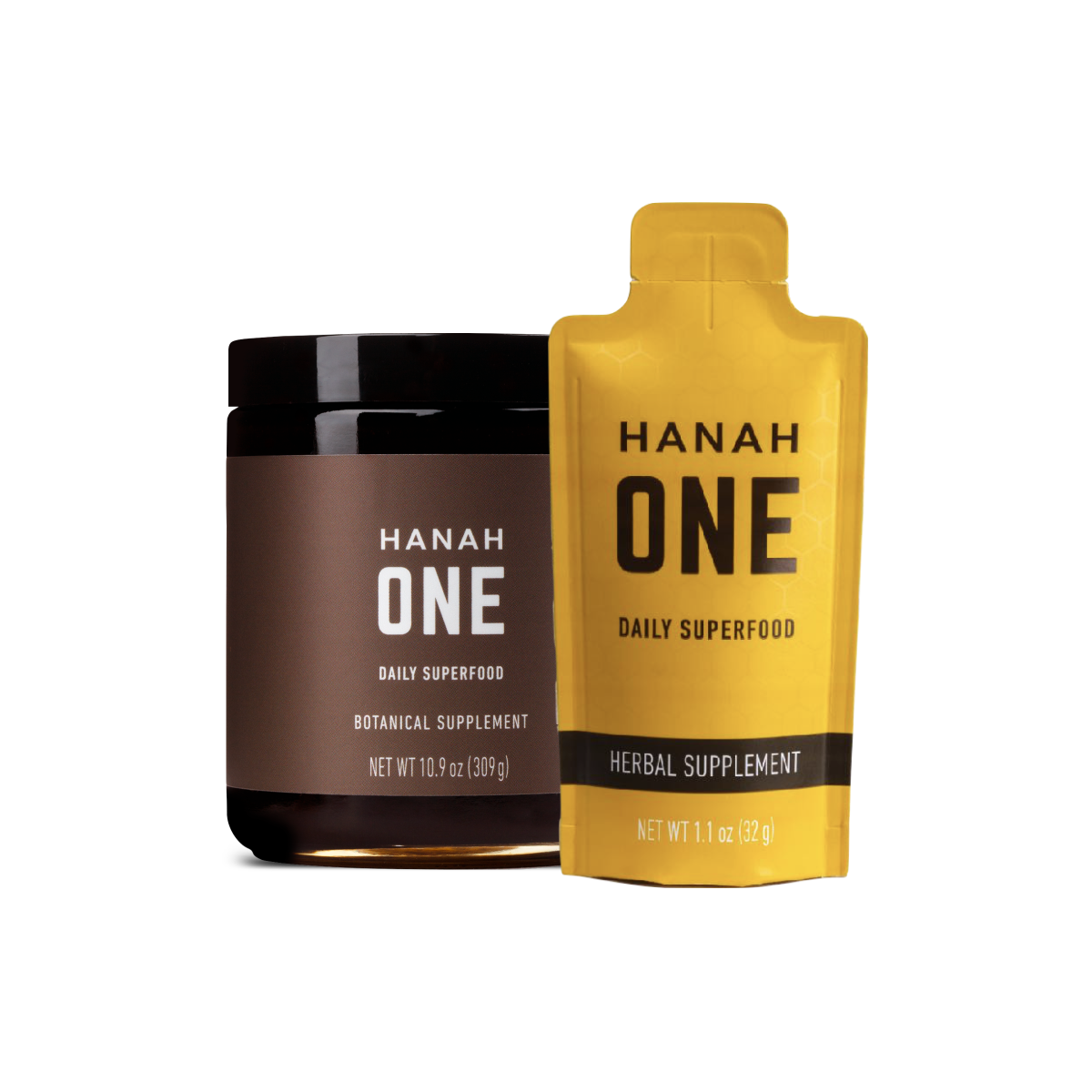
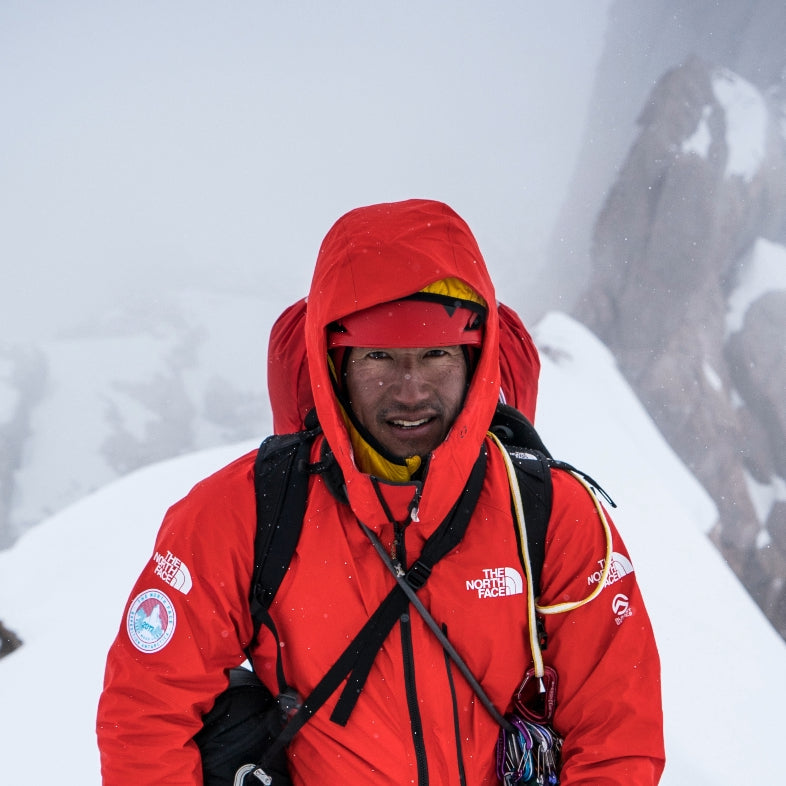
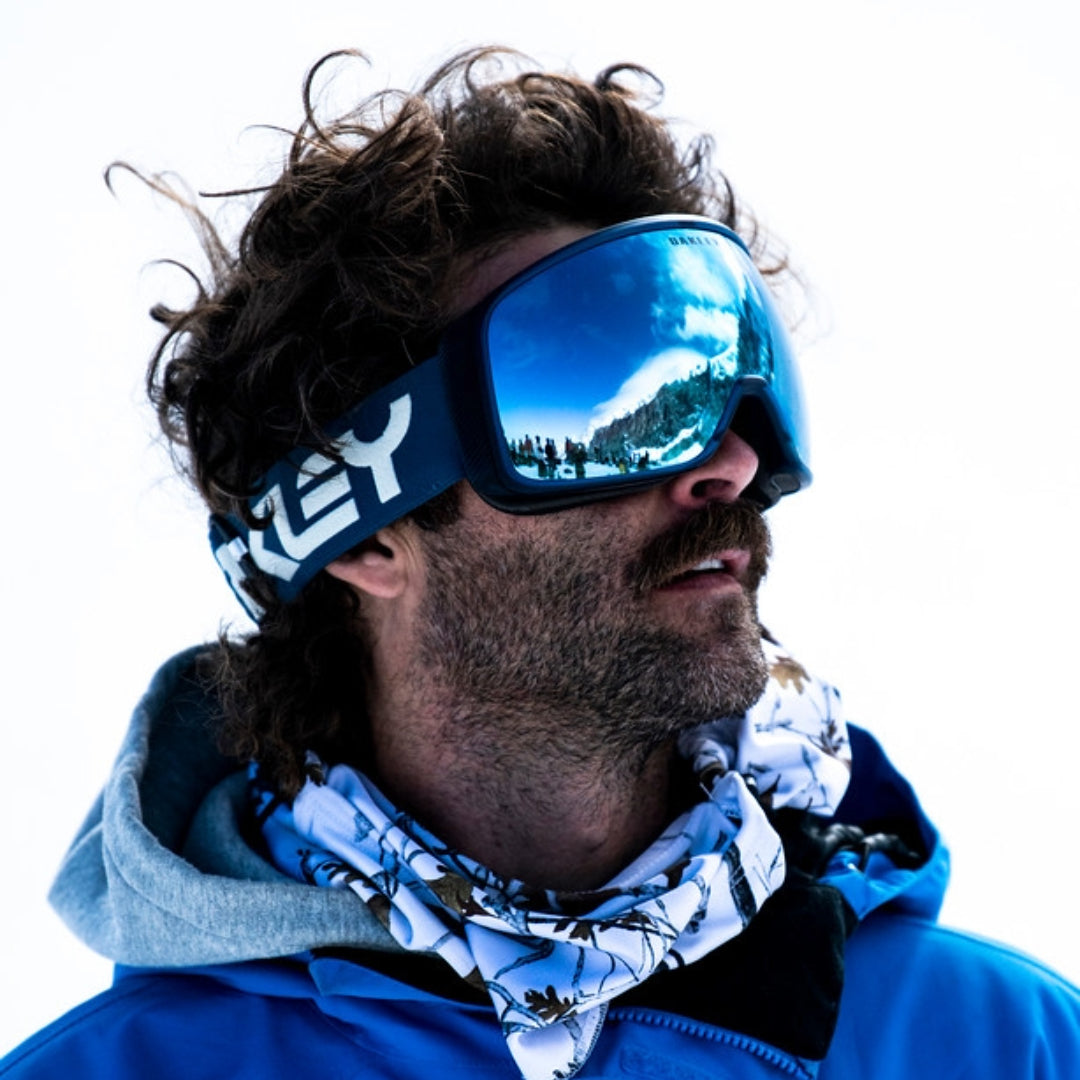
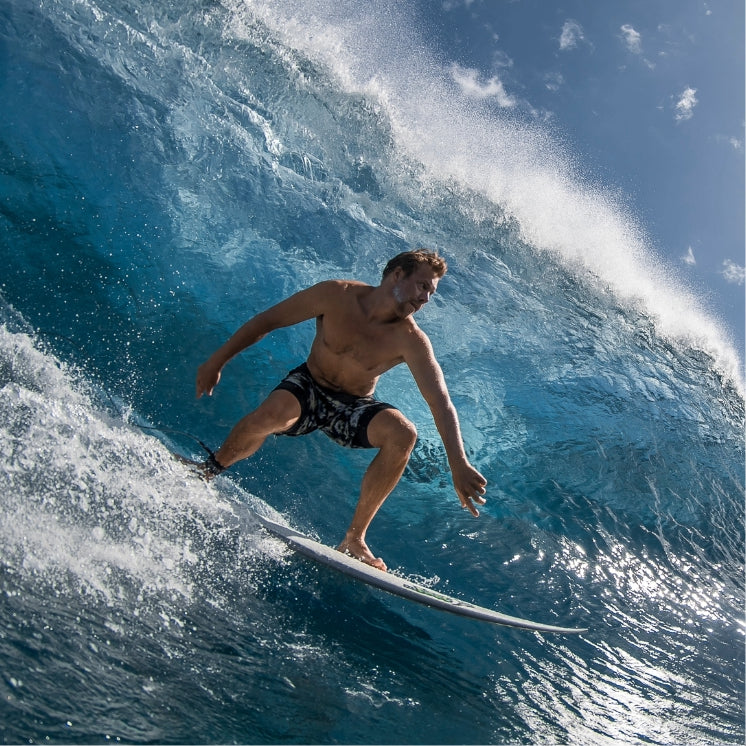
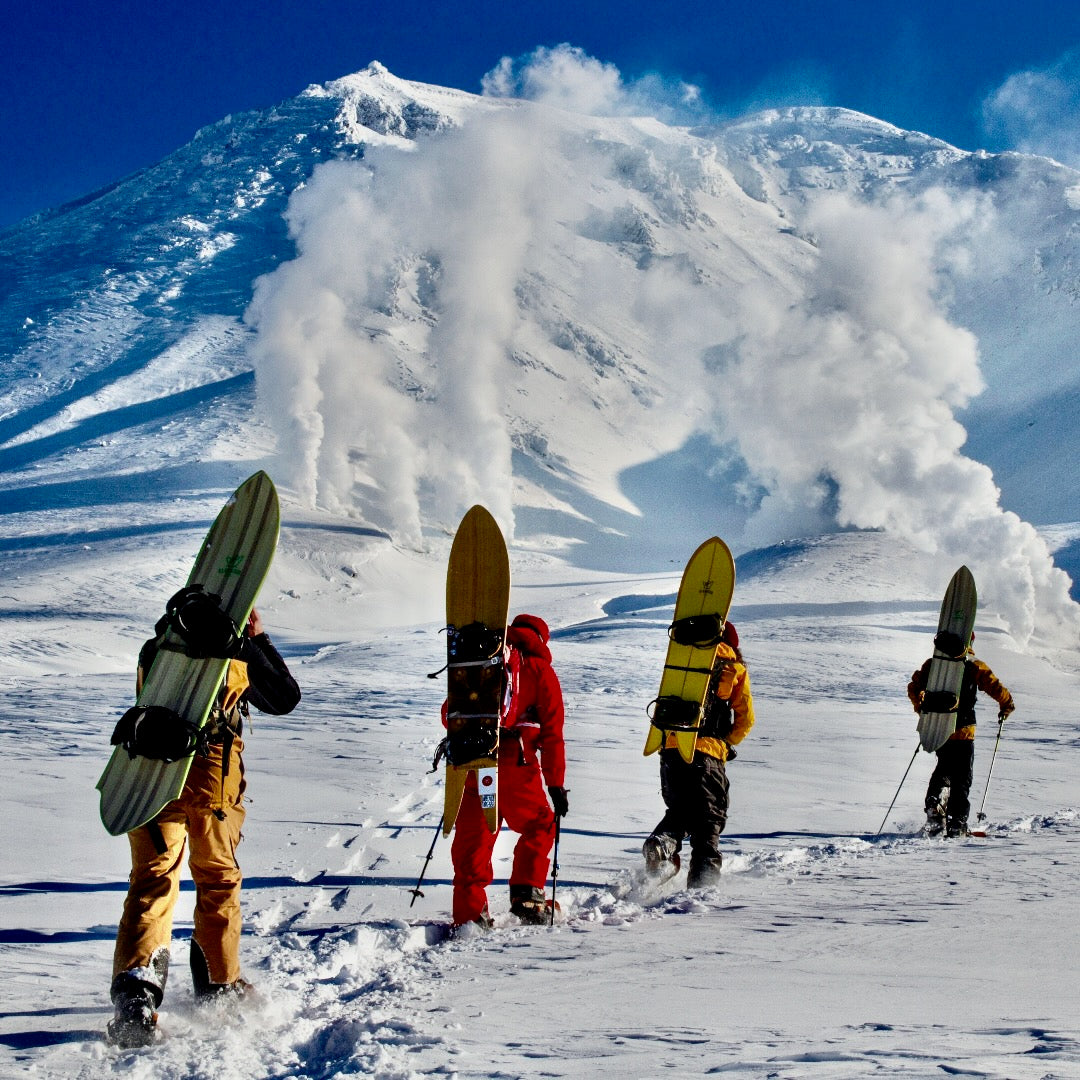
Leave a comment
This site is protected by hCaptcha and the hCaptcha Privacy Policy and Terms of Service apply.